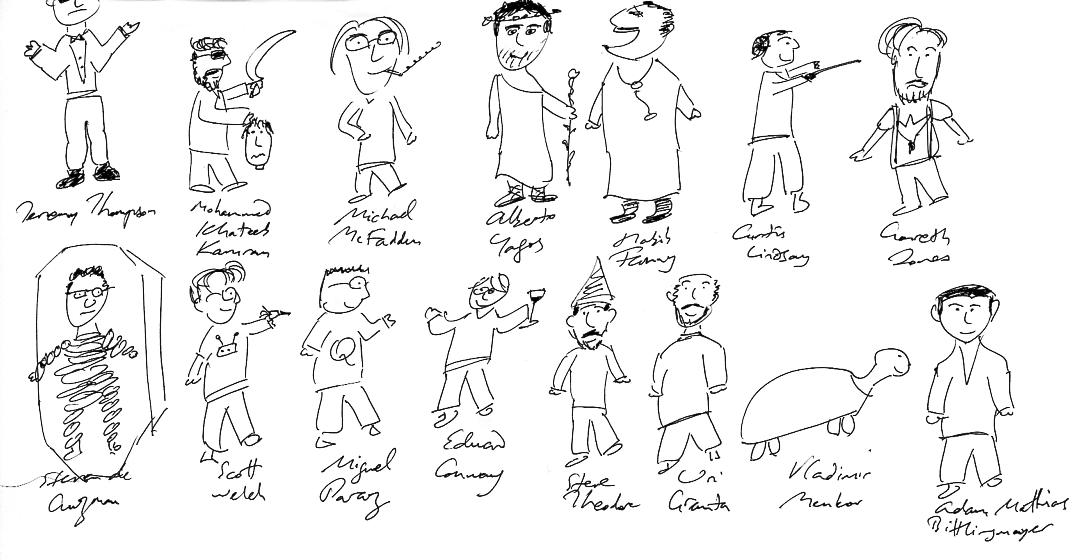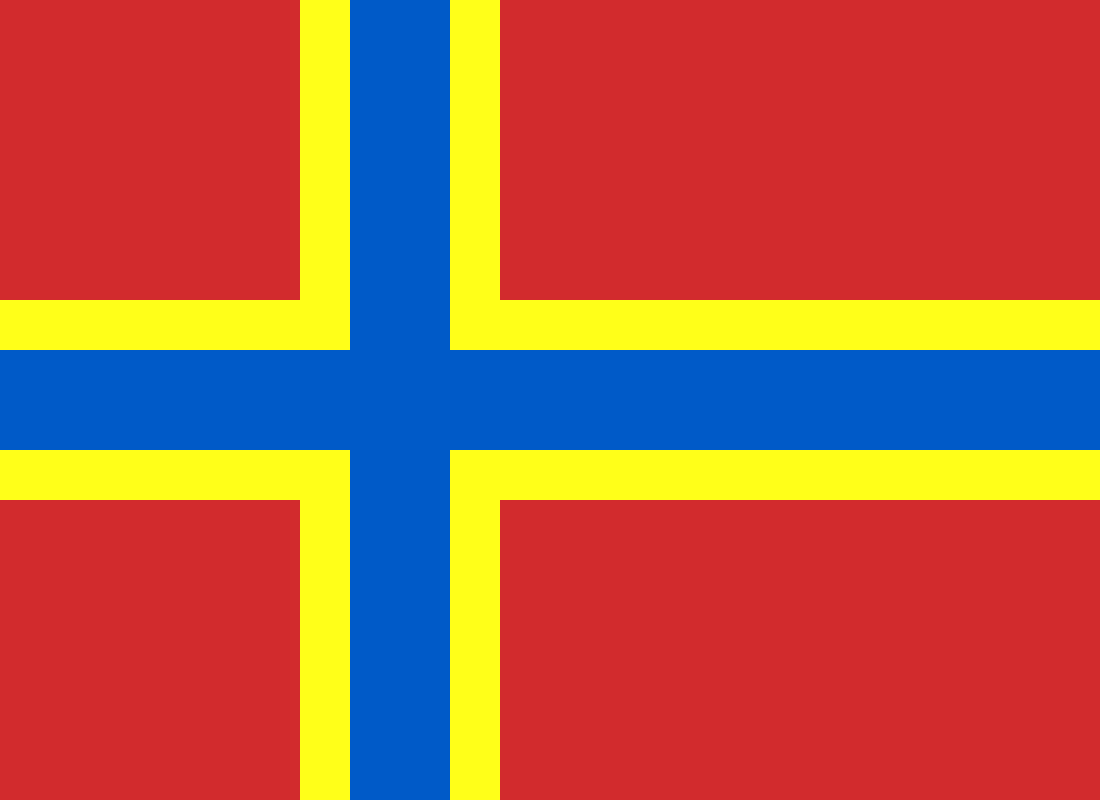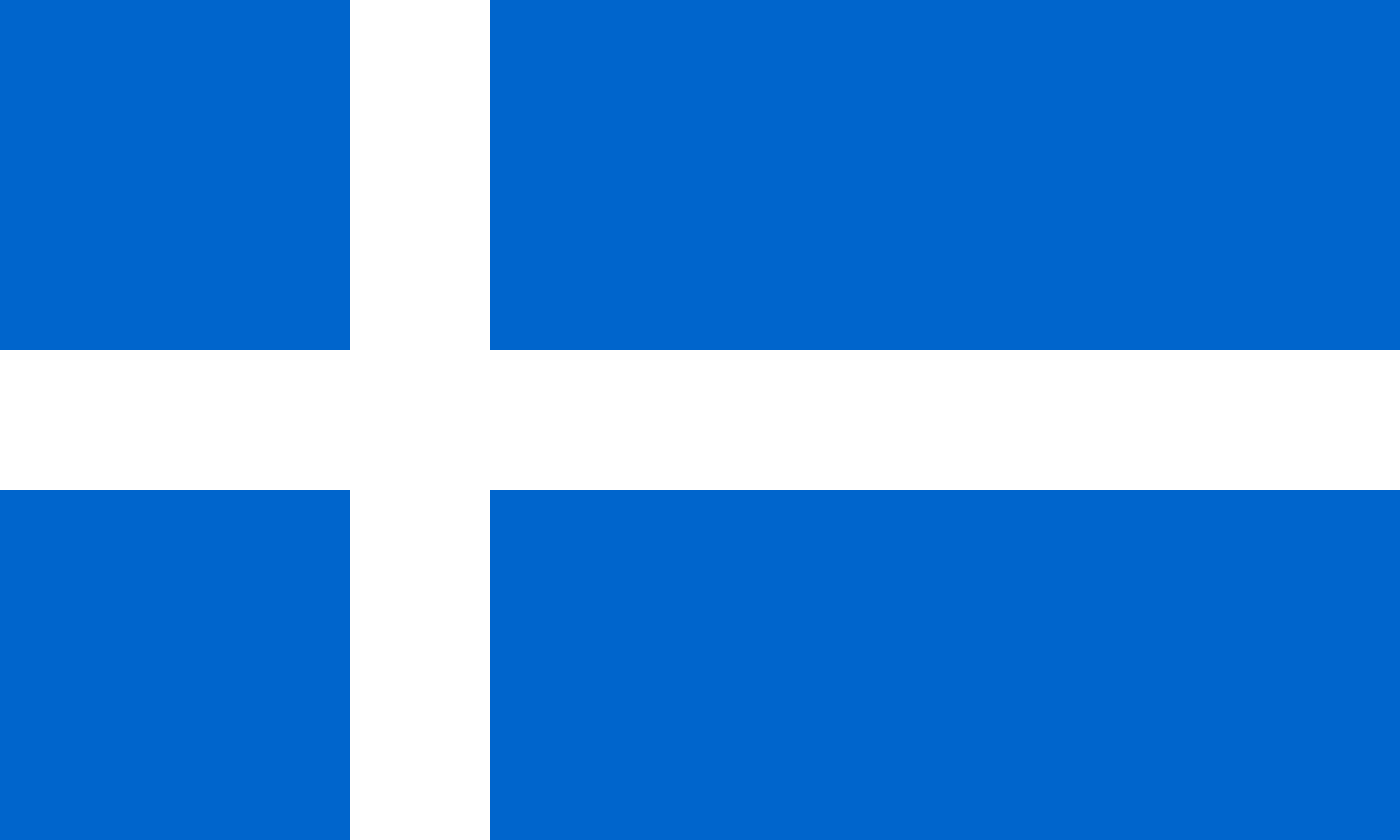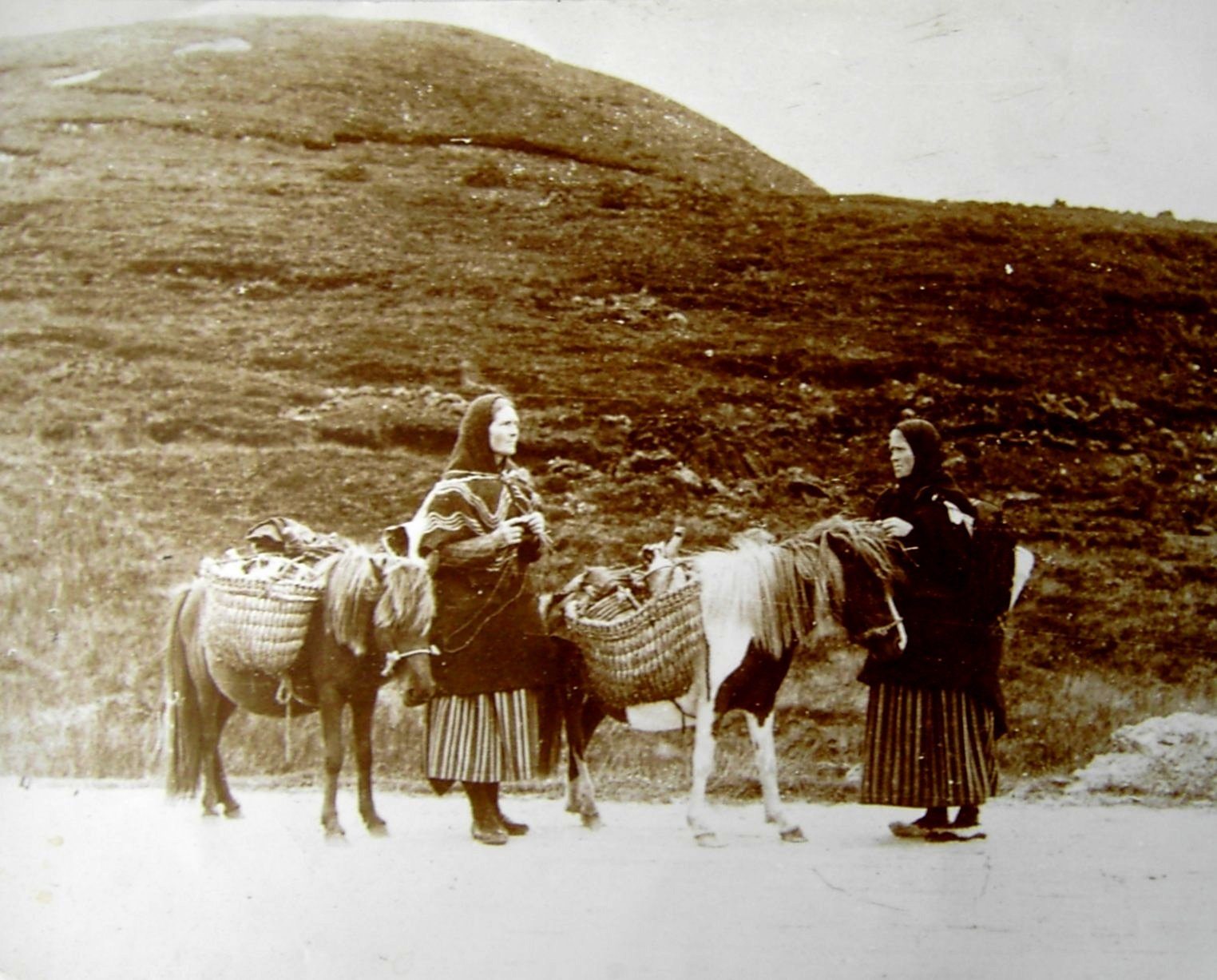Linguā anglicā: “Key to renowned (female) Quorans”
I have taken to cartooning Quorans I like and banter with. Both the cartoons and the banter feature jocular references that may not be immediately obvious to outsiders, who can only judge from the Quorans’ profile pic. (Often enough, the profile pic is all I have to go on to.)
Herewith, a key to my in-joke references, which gives me a good excuse to link-love Quorans some more. Depictions drawn from profile pics are not further explained.
I love youse women
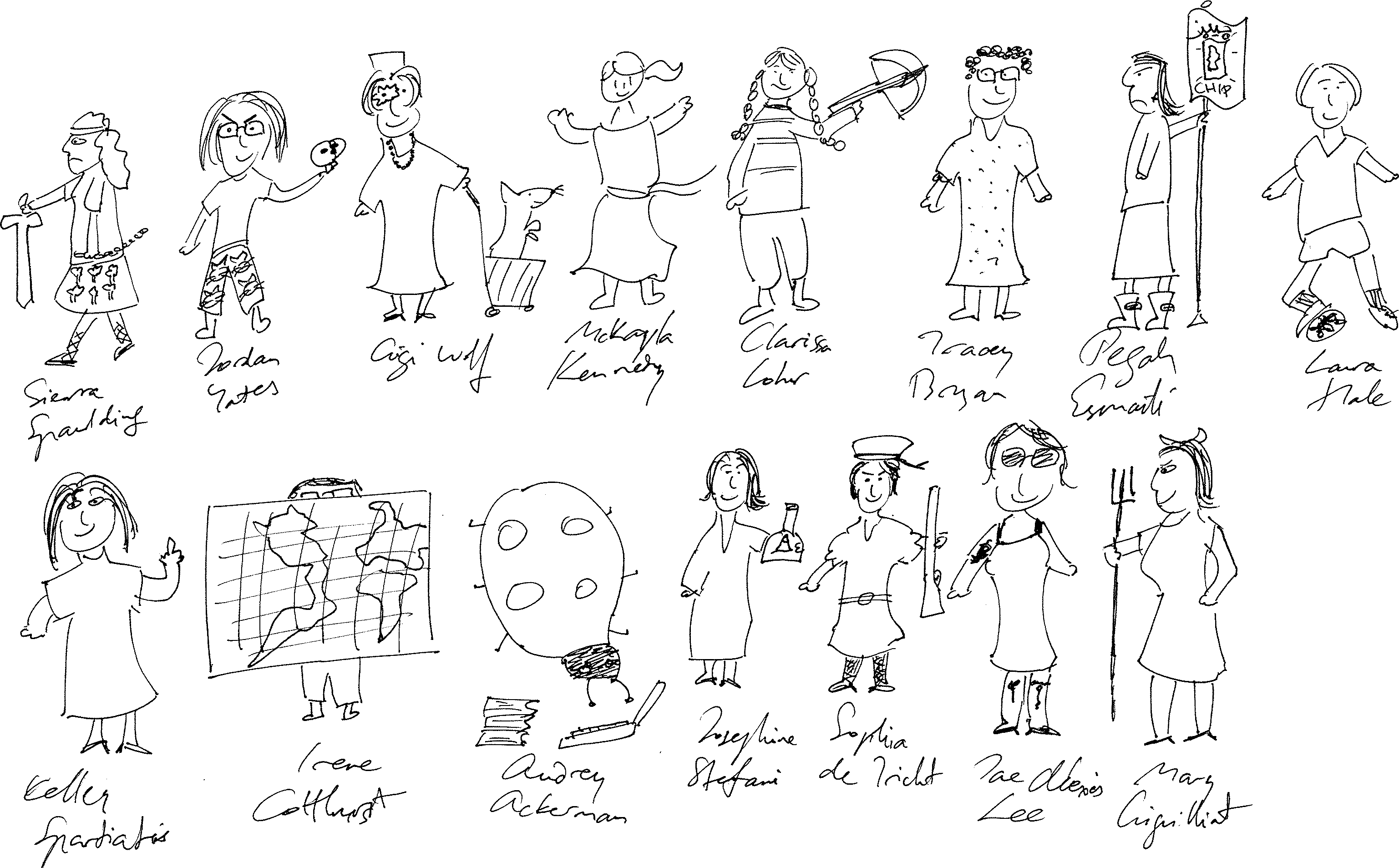
So, to: Sierra Spaulding (wield the sword); Jordan Yates (holding Yorick the Skull); Gigi J Wolf (La Gigi!); McKayla Kennedy (McDoodles!); Clarissa Lohr (estimegata malsamideano); Tracey Bryan (Traaaace!); Pegah Esmaili (canım! PUT DOWN THE POTATO CHIP!); Laura Hale (more Numbers please); Kelley Spartiatis (the Virgin-Voiced Scouse); Irene Colthurst (Doctor of Americana); Audrey Ackerman (Jane Marr!); Josephine Stefani (Spirit Sister! Prost!); Sophia de Tricht (*please don’t hurt me*); Jae Alexis Lee (I hate it when she’s right, which is all the fricking time); Mary C. Gignilliat (Lady X[XX]),
Sierra Spaulding: after recent saddening vicissitudes, has changed her profile pic to an angel with a sword. I approve this message (and this sword).
Sierra may or may not be holding a doobie, and may or may not have a hemp design on her skirt.
Jordan Yates: is learning to be a theatre teacher in college. Wears cat leggings. Names things in her life randomly; hence Yorick the Skull. No, I did not intend for her to look just like my drawing of Michael J. McFadden. Sorry, Jordan. I did say I can’t draw for shit.
Gigi J Wolf: her narratives are so much larger than life; of course I’m going to call her La Gigi. Gigi transports her dog Sugar in a stroller-like contraption. Sometimes successfully.
McKayla Kennedy: is a genuinely awesome, thoughtful soul, but once you’ve seen one McDoodle drawing, you’ll never go back. I’m still encouraging her to blog them all in one place.
Clarissa Lohr: Esperantist and, as her German bio puts it, a filthy Left/Green do-gooder. (I think that’s German for SJW.) Esperantists corresponding with each other would write Estimata samideano, “Esteemed (= dear) same-thinker”. I’m calling her Most Esteemed Different-Thinker: I have benefited greatly from debates with her.
She’s German, so she doesn’t smile.
Tracey Bryan: Tracey has a strong Australian accent, and an informal Australian manner. To me, she cannot be anyone but Traaaace.
Pegah Esmaili: I keep being pleasantly surprised at how similar Turkish is to Pegah’s native Azeri. Therefore, Pegah being such a hardcore scary heavy metal scowling goth misandrist (complete with army boots), it delights me to call her canım “my soul”, an old-fashioned Turkic term of endearment. (It’s from Persian, which also works.)
Pegah has once memorably said that, so long as Iranians don’t diss the authority of the ayatollahs, they couldn’t care less if you worshipped a potato chip. Pegah may or may not be holding up a banner depicting a holy potato chip (چیپز).
Kelley Spartiatis: Her actual Greek given name, to her annoyance, is Parthenope. I dug up that this is Homeric Greek for “Voice of a Maiden”. Or “Virgin”, which means she’s been named after Madonna. Kelley is a foul-mouthed ray of sunshine from Liverpool, and is showing a friendly middle finger of greeting.
Irene Colthurst: has a profound and encyclopaedic knowledge of American politics, and must be read by everyone ever.
Audrey Ackerman: went by Jane Marr before the Real Name bot got to her. Her profile pic is a ladybug, but at least she has an internet connection and some linguistics books, so it’s OK.
Josephine Stefani: has an Armenian boyfriend. I have an Armenian wife. Therefore, I proclaimed, we must be spirit siblings, and we must toast to the occasion. She is helpfully holding a bottle of Ararat brandy.
Sophia de Tricht: ex-military, still scary.
Jae Alexis Lee: has schooled me extensively, whether she realises it or not.
Mary C. Gignilliat: She is holding a rake, because she works in landscaping, and she’s got devil horns, because her dad said she has a devilish glint in her eyes. The depiction has absolutely nothing to do with her most popular subject matter.

